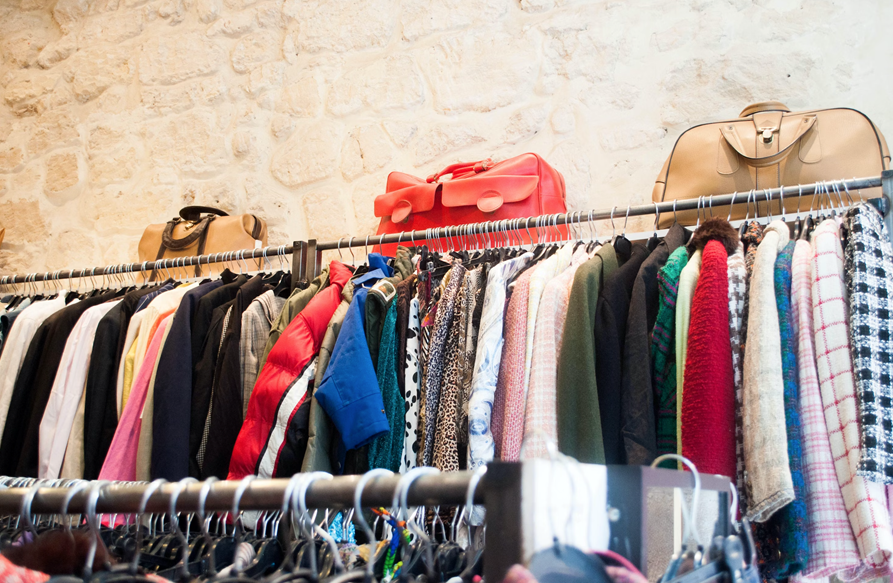
By expanding Sorting for Circularity Europe, Fashion for Good is attempting to confront the growing challenge of wearable textiles ending up in landfills or waste streams.
The initiative made clear that while current Near Infrared (NIR) technology can determine garment composition, assessing re-wearability remains a largely manual task.
This project will test automated sorting technologies employing machine learning and artificial intelligence to collect crucial product information, including colour, style, garment type, and quality.
The data will aim to empower sorters and brands to make informed decisions, optimising the flow of textiles and maximising their value potential.
The results of the project will be documented in a comprehensive report, complete with a supporting business case and implementation roadmap. This information helps guide investment decisions in infrastructure, Circular Business Models (CBM), and repair centres.
“With this project, we hope to clarify the myths and half-truths on post-consumer waste dumping, but also salvage those by understanding the processes and journeys these garments travel. Then we can reach true circularity,” said Marieke Koemans-Kokkelink, head of sustainability at Erdotex.

US Tariffs are shifting - will you react or anticipate?
Don’t let policy changes catch you off guard. Stay proactive with real-time data and expert analysis.
By GlobalDataTo ensure accuracy in capturing data on the flow of textiles within the EU and export markets, the project will focus on specific geographical regions, including Lithuania (Nordic/Baltic), the Netherlands (Western), Poland (Central-Eastern), and Spain (Southern Europe).
The project expects to bring together the largest industrial textile sorters in Europe, showcasing the collaborative efforts of brands, sorters, and innovators to comply with evolving regulations.
Fashion for Good reported that over the past 15 years, global textile production and consumption have doubled, while the number of times a garment is worn has plummeted by 40%, averaging a mere seven uses before disposal.
The initiative explained that in the European Union (EU), the export of used textiles has tripled since 2000, reaching almost 1.7 million tonnes in 2019.
Despite many garments receiving a “fit for reuse” designation, a lack of industry-wide understanding of demand and resale criteria has resulted in a significant portion ending up in waste streams, landfills, or incinerated.
As impending legislative changes, such as Extended Producer Responsibility (EPR) schemes and stricter regulations on textile exports, loom in the EU, Fashion for Good believes the urgency for comprehensive solutions becomes even more evident.
Katrin Ley, managing director at Fashion for Good commented: “As our Sorting for Circularity framework expands, we’ll be able to address the root cause of shifting the waste burden elsewhere. Addressing this requires an agreed-upon framework for quality and resale potential in key export regions as well as developments in using AI sorting. This pioneering consortium will provide crucial insights for policy developments and investments towards a circular economy.”
The Sorting for Circularity Europe: Rewear Project is spearheaded by Fashion for Good, with funding provided by brand partners including Adidas, Bestseller, Bonprix, C&A, Inditex, Levi Strauss & Co., Otto Group, PVH Corp. and Zalando.
The Circle Economy Foundation creates and implements the methodology, with support from Consumption Research Norway, Oslo Metropolitan University, and Revaluate.



